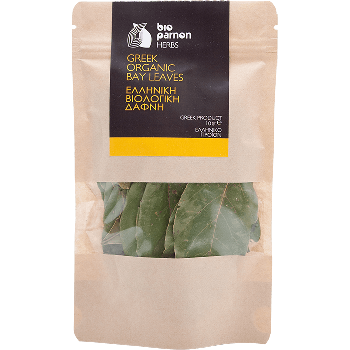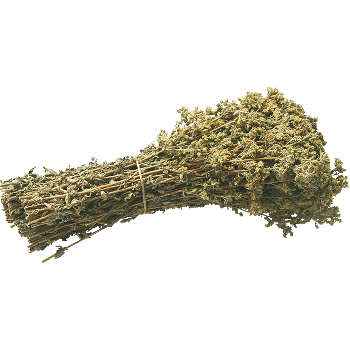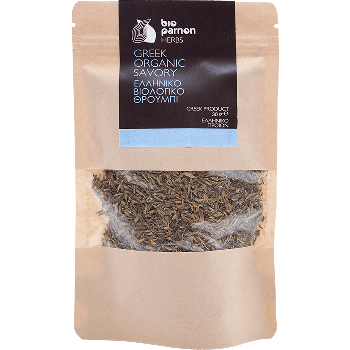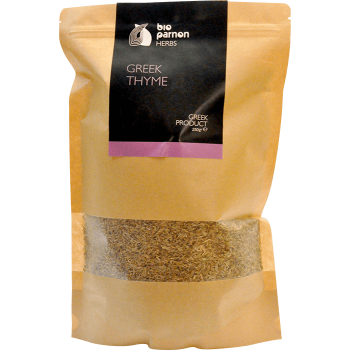We use cookies to make your experience better. To comply with the new e-Privacy directive, we need to ask for your consent to set the cookies. Learn more.
Oregano 250g
The name 'Oregano' derives from the Greek terms 'oros' which means mountain and 'ganos' which means brilliance, brightness, beauty. In other words, so appreciable was oregano for ancient Greeks that they thought that oregano made the mountains glow. It is not surprising that, Hippocrates, an illustrious ancient Greek doctor, was accustomed to choose oregano for the treatment of many diseases, while nowadays Oregano is used for the treatment of colds and intense cough, stomachaches and pains, to combat inflammations, to facilitate digestion, whilst having anticancer and antifungal action.
Packaging: Plastic pouch
Suitable for Vegetarians and Vegans
Ingredients: Greek Oregano
| Typical Values | Per 100g |
|---|---|
| Energy | 0kJ/ 0kcal |
| Fat | 0g |
| of which Saturates | 0g |
| Carbohydrate | 0.6g |
| of which Sugars | 0g |
| Protein | 0g |
| Fibre | 0g |
| Salt | 0g |
- For the treatment of colds and intense cough.
- For stomachaches and pains from poisoning.
- For the combat of inflammations.
- For the facilitation of digestion.
- While simultaneously it has anticancer and antifungal action.
Gemista is the quintessential summer Greek dish! A staple of the Greek family table, Gemista day was a special day for us kids. Beautifully stacked in the roasting tray, there was a silent honour code on how to serve them, and how many roast potatoes go with each serving.
A great combination of all things Greek, the marrying of simple fresh herbs, vegetables, rice, and olive oil creates such a healthy and flavourful dish, that can be eaten warm, lukewarm and even cold. We firmly believe that Greek cuisine is the world’s best secret for Vegans, and Gemista are the best example of why that is so!
With a honey & red wine vinegar dipping sauce laced with copious amounts of Greek Oregano and Black Pepper!
Continuing our series of recipes from The Delicious Legacy Podcast host Thomas Ntinas
I know it sounds a little bit Asian this dish! Garlic, ginger, pork and prawn, fish sauce...! Surely it's Vietnamese right?
Well, I've always found the far Eastern cuisine very interesting, fragrant, complex yet delicate. The ancient Mediterranean cuisine from what has survived in texts, seems to have very similar tones woven into it.
A recipe inspired partly from Apicius (the oldest surviving Greco-Roman cookbook written sometime in the 4th century CE but based on recipes from at least the 1st century BCE), partly from Archestratus (the Greek Sicilian gourmand who according to a legend “circumnavigated the world to satisfy his hunger”), partly a need to create something when I needed 'finger food' for an event. Of course, this dish, with the use of vine leaves, is firmly established in the modern Greek kitchen and also all over eastern mediterranean. Vine leaves are edible, succulent, delicious and used for stuffing since Classical times (or even before that!)
Bioparnon, Mount Parnonas, Peloponnese
BioParnon was established in 2013, after a decade of research into how herbs can be tools for healing and survival. Their organic fields are located in the Vourvoura community at the foot of Parnonas Mountain in the Peloponnese and the company collaborates closely with its farmers and growers, who work alongside nature rather than against it. All BioParnon herbs are grown under the mantra that ‘Mother Nature knows best’: they are grown without pesticides and they are preserved without chemical additives, so they retain their quality and potency.










